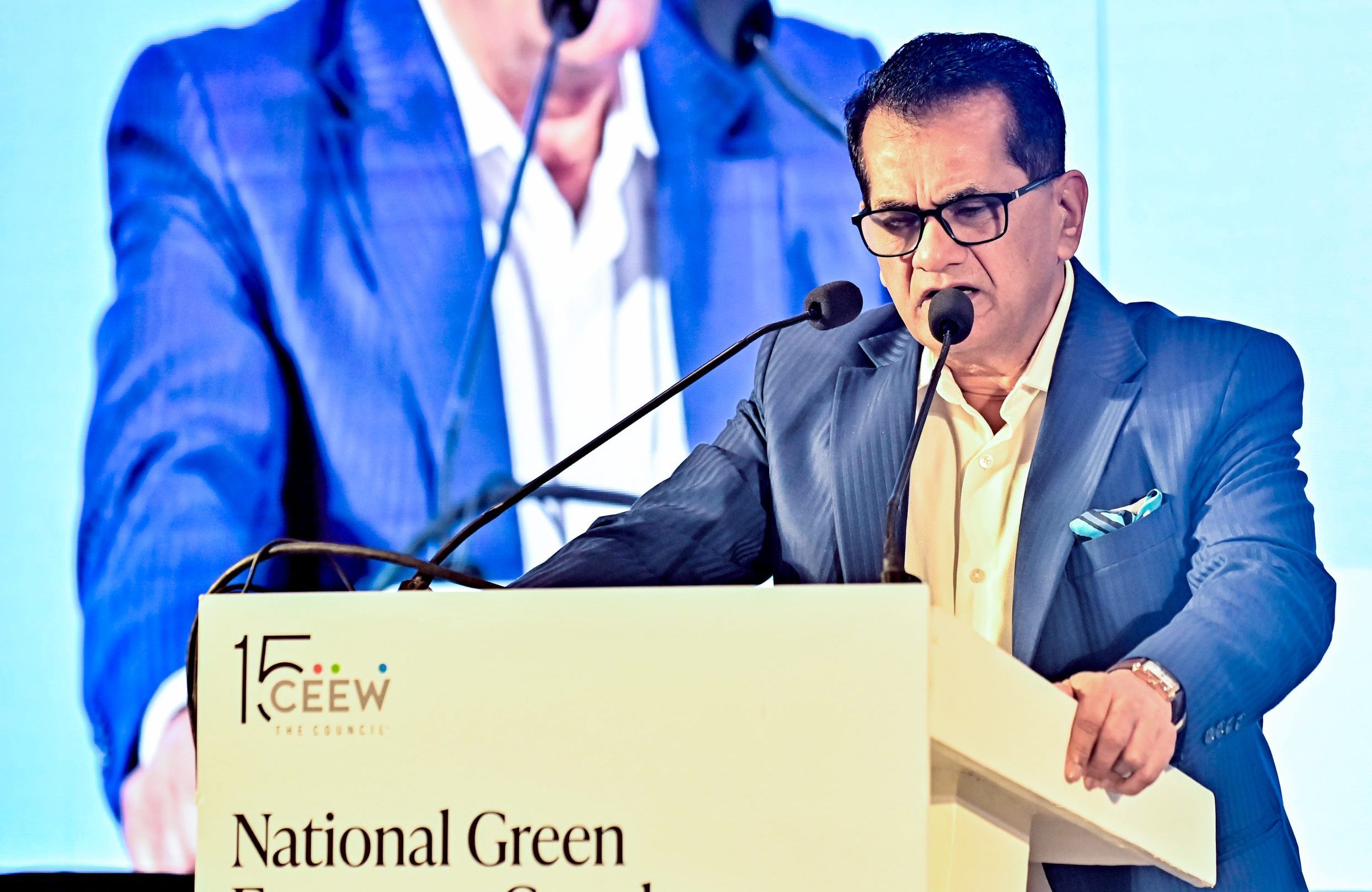India is working towards becoming the world’s lowest-cost producer of green hydrogen, with a target to reduce production cost from the current USD 4.5 per kg to USD 1 per kg by 2030, former NITI Aayog CEO Amitabh Kant said on Wednesday.
Speaking at the National Green Economy Conclave organised by the Council on Energy, Environment and Water (CEEW), he said that a breakthrough in low-cost green hydrogen would reshape sectors such as steel, fertilisers, mobility and heavy transport. “If we achieve the USD 1 per kg milestone, India will emerge as a global green energy powerhouse,” he stated.
Kant said that the National Green Hydrogen Mission, rapid growth in solar capacity and steadily declining renewable energy tariffs are collectively enabling this ambition. Describing green hydrogen as a “defining pillar” of India’s long-term development strategy, he emphasised that it presents a pathway for clean manufacturing and deep decarbonisation.
He added that the transition will create new avenues for entrepreneurship. “Circular economy will unlock major opportunities for startups,” he said, highlighting the role of innovation in new materials, recycling technologies and green-economy solutions. He also pointed to India’s digital infrastructure, geospatial tools and artificial intelligence as key drivers in accelerating the green transition.
Citing estimates from a CEEW report, Kant said the shift to a green economy could create 48 million jobs, mobilise USD 4 trillion in investments and unlock a USD 1.4 trillion market by 2047. He called it the country’s “biggest development opportunity since the 1991 reforms.”
Kant stressed that India must pursue a growth model different from that adopted by Western economies. He said that sustainability, bioeconomy and circularity should be integrated into urban design, mobility and infrastructure. “Half of India is yet to be built, and nearly 500 million people will urbanise in the coming decades. This is a unique opportunity to build cities that are green, inclusive and centred around public transport,” he said.
Jayant Sinha, President of Everstone Group & Eversource Capital and former Union Minister of State, who addressed the conclave through video conferencing, said that India’s green transition is set to create jobs, improve public health and strengthen national security by shifting to domestic energy sources.
Abhishek Jain, Director, Green Economy and Impact Innovations at CEEW, said that India currently imports 87% of its crude requirements and 100% of key minerals such as lithium, nickel and cobalt. He added that a circular-economy framework could sharply reduce these import dependencies while enabling large-scale recycling and bioeconomy solutions.
The CEEW study presented at the conclave maps 36 green-economy opportunities across energy transition, circular economy, bioeconomy and nature-based solutions, aligning with India’s Viksit Bharat vision for 2047.
-ANI














